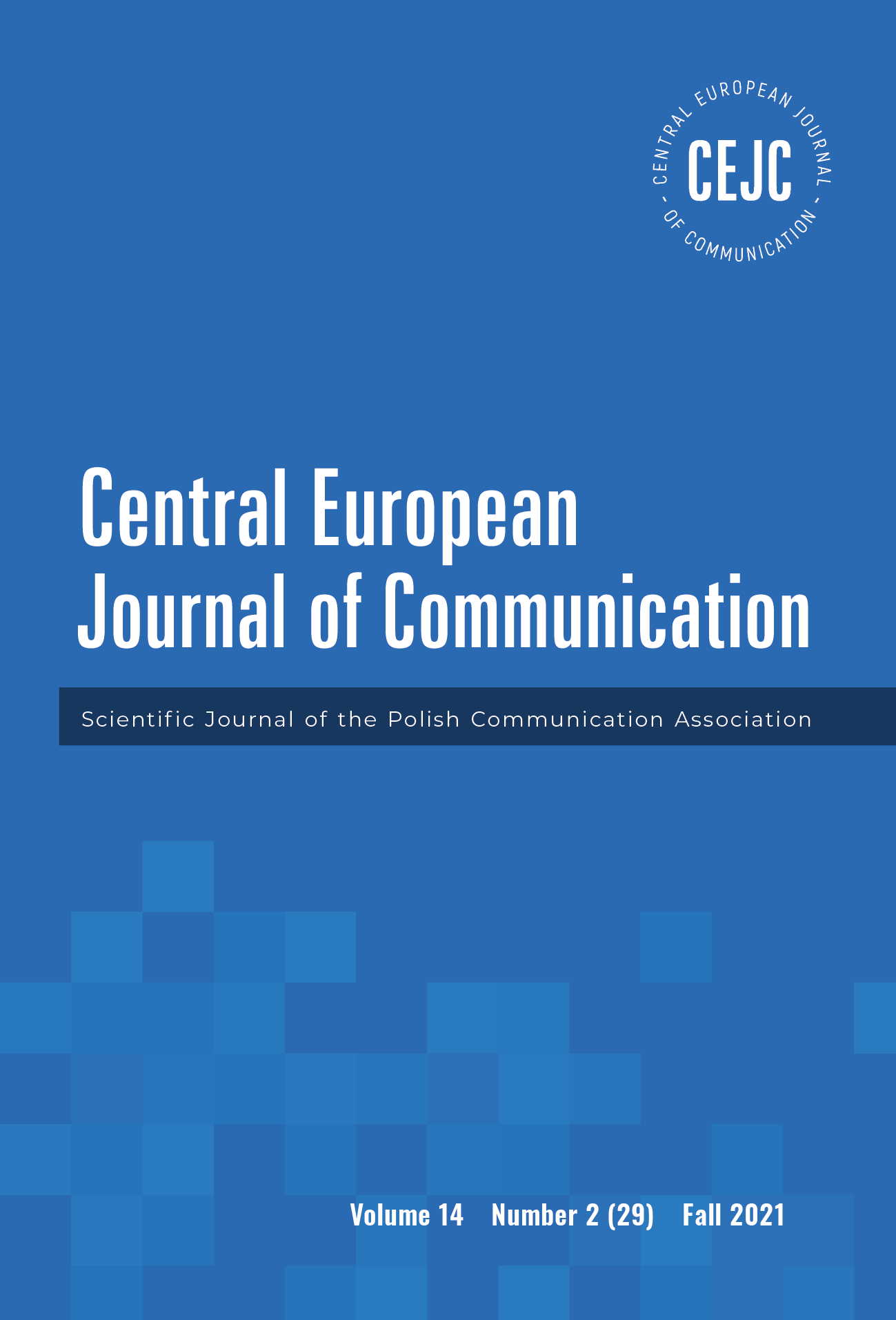Media Exposure to Conspiracy vs. Anti-conspiracy Information. Effects on the Willingness to Accept a COVID-19 Vaccine
Media Exposure to Conspiracy vs. Anti-conspiracy Information. Effects on the Willingness to Accept a COVID-19 Vaccine
Author(s): Dana Raluca Buturoiu, Georgiana Udrea, Alexandru-Cristian Dumitrache, Nicoleta CorbuSubject(s): Social Sciences, Media studies, Communication studies
Published by: Wydawnictwo Uniwersytetu Wrocławskiego
Keywords: vaccine hesitancy;media exposure;disinformation;conspiracy theories;counter-conspiracy narratives;
Summary/Abstract: The COVID-19 pandemic opened the doors for a corresponding “infodemic”, associated with various misleading narratives related to the SARS-CoV-2 virus. As the way to stop the pandemic was unveiled, misleading narratives switched from the disease itself to the vaccine. Nevertheless, a rather scarce corpus of literature has approached the effects of these narratives on the willingness to take a vaccine against COVID-19. This study investigates how exposure to conspiracy narratives versus information that counter these narratives influences people’s willingness to get vaccinated. Based on an experimental design, using a sample of Romanian students (N=301), this research shows that exposure to factual information related to COVID-19 vaccines meant to debunk conspiracy theories leads to higher willingness to vaccinate. Furthermore, this study shows that young, educated Romanians consider distant others to be more influenced by conspiracy theories on this topic, and, therefore, more prone to exhibit hesitancy towards COVID-19 vaccination.
Journal: Central European Journal of Communication
- Issue Year: 14/2021
- Issue No: 29
- Page Range: 237-258
- Page Count: 22
- Language: English

